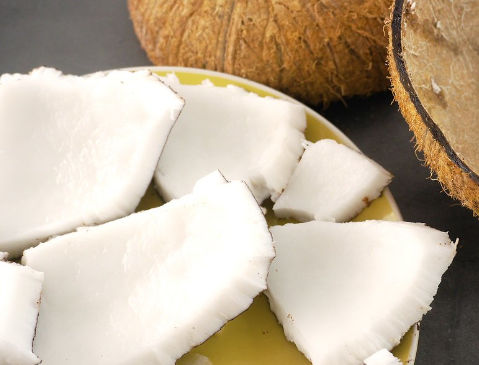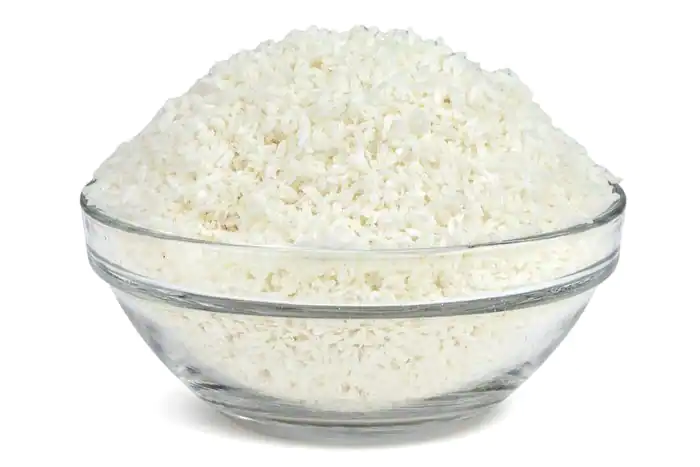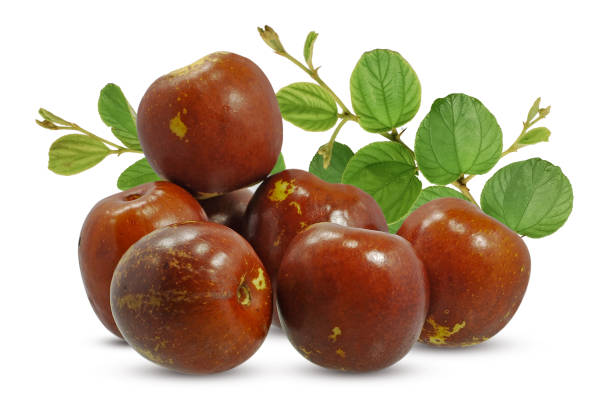Kiwis are a tasty fruit known for their bright green color and delicious sweet and sour flavor. It’s great to eat them for their flavor or to use them to add some tropical flair to your food. If you want to keep your kiwis fresh and tasty, you’ll want to know how long they can stay at room temperature.
Table of Contents
How Many Days Can Kiwi Fruit Sit Out?
Kiwi fruit can be good for a few days, up to about a week, just sitting out at room temperature. But how long exactly they will last can vary. It depends on things like how ripe the kiwi is when you get it, what the temperature in the room is like, and how you store it. If you’ve got kiwis that aren’t ripe yet, you can let them ripen in the open air. Once they’re ripe, you should eat them soon, or you can put them in the fridge to keep them good for longer.
What Affects How Long Kiwi Fruit Lasts Out of the Fridge?
There are a few things that determine how long a kiwi can last without being chilled:
1. How Ripe It Is:
A kiwi’s shelf life starts with how ripe it is when you buy it. Kiwis that aren’t ripe yet can sit out to ripen. But ones that are already ripe should be eaten quickly because they can go bad fast.
2. The Room’s Temperature and Wetness:
The ideal room temperature for keeping a kiwi is between 68°F (20°C) and 77°F (25°C). These temperatures are okay for a little while, but if it gets hotter, the kiwi will ripen and then spoil quicker. Also, if the room is too damp, it can make the kiwi moldy. Keeping kiwis in a spot that’s not too wet is a good idea.
3. Air Around the Kiwis:
It’s important for kiwi fruits to have fresh air around them. This means you shouldn’t put them in sealed bags or containers, as this can make them go bad quicker. Instead, store them where air can move around freely.
4. Being Gentle with Kiwis:
Kiwis can get bruised or hurt easily, which can make them spoil faster. So you should handle them carefully and not keep any that are already damaged.
Tips for Keeping Kiwi at Room Temperature
Even though putting kiwis in the fridge is the usual advice, sometimes you can keep them out in the open. Here’s some advice for doing that:
How to store kiwis sitting out:
- Helping unripe kiwis ripen: To make kiwis ripen faster, you can put them in a paper bag with a banana or an apple. These fruits give off a gas that helps the kiwi ripen. When they’re ripe, eat them soon or put them in the fridge to keep longer.
- When you’ll eat them soon: If you’re going to eat the kiwis in a day or two, leaving them out is usually okay. Just make sure they’re in a cool spot with good airflow and not in direct sunlight.
If you’re ever not sure if the kiwis are still fresh, or if they’ve been out for a long time, it’s safer to throw them away.
How to Make Kiwi Last Longer
If you want your ripe kiwis to last more time, you should store them in the fridge.
Here are some ways to keep your kiwis fresher for longer:
- Keeping them in the fridge: When kiwis are ripe, put them in something that lets air move around, like a mesh bag or a cardboard box, and keep them in the fridge. This can help them stay fresh by slowing down how quickly they ripen.
- Store them by themselves: Place kiwis away from other foods in the fridge because they give off a gas that can make other foods ripen too fast.
- Washing only before eating: Wait to wash kiwis until you’re going to eat them. If they’re wet, they can spoil more quickly, so it’s better to keep them dry until you’re ready to enjoy them.
In Conclusion
The time kiwis can stay good at room temperature depends on how ripe they are, the temperature and moisture of the room, the air around them, and whether they are handled gently.
Keeping ripe kiwis out in the open is okay if you’re going to eat them quickly. By storing your kiwis the right way and treating them with care, you can enjoy their delicious flavor and get all the healthy stuff they offer.









